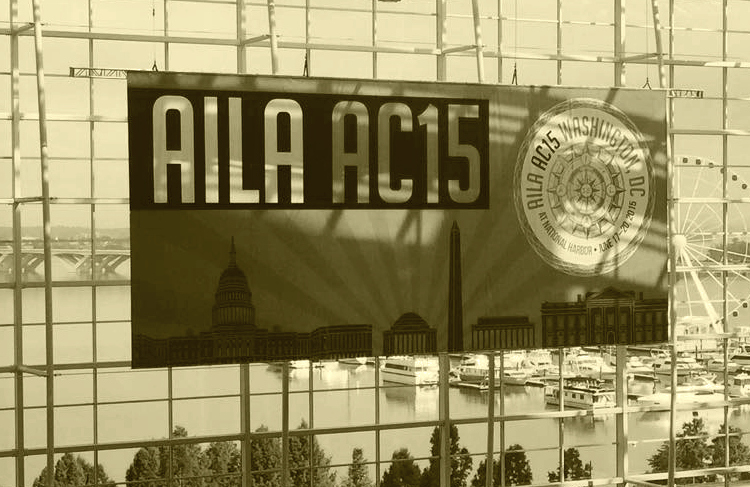 By Ekaterina Powell, Esq.
By Ekaterina Powell, Esq.
For many years, it has been unsettled in the law and practice whether a change in H-1B employee’s job location is considered to be a “material change” in the terms of employment, requiring filing of an H-1B amendment petition.
Prior Guidance
According to USCIS unofficial guidance (Letter from Efren Hernandez, Director Business and Trade Branch of USCIS, to Lynn Shotwell, Am. Council on Intl’s Pers., Inc., dated October 23, 2003), an amended H-1B petition was not required if the only change was in the location of employment and if the Labor Condition Application (LCA) was filed for the new job location prior to the employee’s move.
Despite that, we have heard reports of recent USCIS site visits to the places of H-1B beneficiaries’ employment, which resulted in the revocation of H-1B approvals if USCIS could not find the employee at the job location stated on the H-1B petition despite a valid LCA filed prior to the employee’s move.
This uncertainly was troubling as USCIS refused to issue any further clarifications or policy changes.
Precedent AAO Decision – H-1B Amendment Required
On April 9, 2015, Administrative Appeals Office (AAO) has issued a decision in Matter of Simeio Solutions, LLC, 26 I&N Dec. 542 (AAO 2015) that finally put an end to the uncertainty surrounding the change in employees’ job location. The decision has been designated as a precedent and will be followed by USCIS in the H-1B adjudications and will be used by the consular officers during visa interviews.
In this precedent decision, the AAO revoked H-1B approval, finding there was a material change in beneficiary’s employment due to relocation to areas not covered by the original LCA and that an amended or new H-1B petition was required.
Continue reading

 Visa Lawyer Blog
Visa Lawyer Blog








